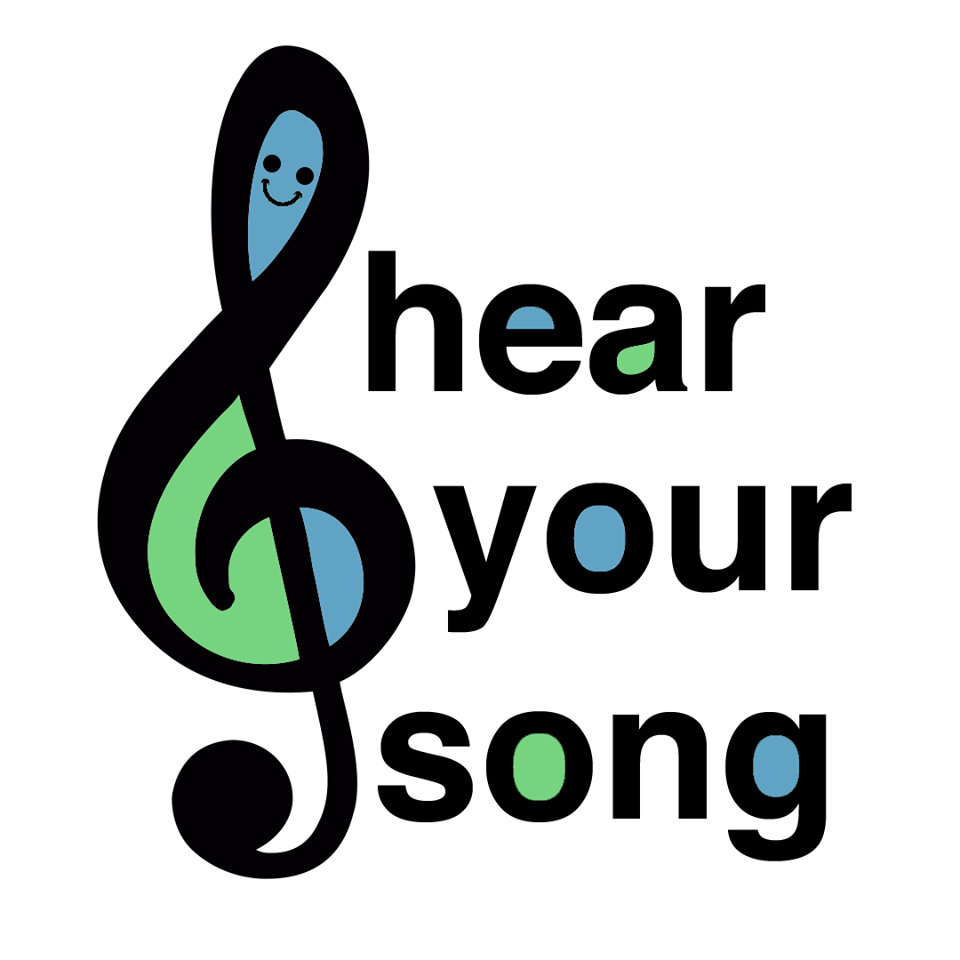
Courtesy of Hear Your Song
In 2015, a medical procedure rendered a music-loving ninth grader staying at Yale-New Haven Hospital unable to sing. Eight musicians — members of a Yale organization called Hear Your Song — listened to her story. The students wrote and recorded a song with and for her. The song, called “It’s Over,” expresses the pain of not being able to sing for a long period of time.
Dan Rubins ’16, co-founder of Hear Your Song, called “It’s Over” his favorite song the organization has ever produced. He co-founded the organization with Rebecca Brudner ’16 in 2014. Since then, Hear Your Song has connected children who are long-term hospital patients in New Haven and New York — all participants in music therapy — to a network of Yale-affiliated songwriters, music producers and instrumentalists. The group partners with hospitals such as the Elizabeth Seton Pediatric Center and Yale-New Haven Children’s Hospital.
Now, in response to the current coronavirus crisis, Hear Your Song has launched a virtual project and is expanding to a volunteer and patient base beyond just Yale, New Haven or New York.
“The virtual version broadens the organization’s scope,” Rubins said. “We’re opening it up to student musicians beyond college or high school campuses and looking for kids [for whom to write songs] anywhere in the country and world.”
Michael Gancz ’21, one of the organization’s music directors, explained that strict patient visitation regulations — especially those regarding child life and arts therapy services — and hospital staff shortages have rendered it impossible to write songs with children in-person. The organization hopes to expand because its necessarily virtual nature no longer presents location as a barrier to participation.
Hear Your Song’s COVID-19 project partners directly with families, rather than the hospitals they focused on in the past. According to Rubins, this is due to the major stress the coronavirus crisis has imposed on hospitals, especially in New York.
“Our mission is to elevate the voices of the people who are isolated or unheard or most vulnerable, and I think there are more kids falling into that category right now because of the virus,” Rubins said.
The project’s virtuality requires the songwriting process to change. Hear Your Song’s website provides resources and Google Forms to help hospital staff members and interested families participate and inform one another.
“Because we can’t meet with the patients in-person, there’s a more drawn-out correspondence between family and child and Hear Your Song [member],” Hear Your Song President Jackie Knobelsdorf ’21 said.
Families first send members of the organization information about the child. According to Hear Your Song’s website, the child is matched with a composer within two days, who then sends them a video with “tips for writing song lyrics.” Then, the child writes their own song lyrics and sends the composer suggestions about the music. The composer sends a demo recording, asks for the child’s feedback and makes final edits. Finally, student instrumentalists and audio engineers record the song.
“It’s therapeutic in the sense that it provides a creative outlet that doesn’t remind the patient or their families of the current situation of the patient’s health,” Knobelsdorf said.
According to Rubins, the virtual project and expansion has brought together a “chain of people for whom Hear Your Song has been really important to in the last few years.” The organization’s past and present leadership have collaborated to further this effort.
The project also aims to make connections within the student volunteer base at a time when they are asked to isolate themselves socially.
“People are taking this time to turn entirely inwards — not that that’s not good — but I think this time is better spent finding a balance between [that and] using our privilege to help the community by doing what we’re good at doing, in a way that’s helpful to others who need it and not exclusive to ourselves,” Gancz said.
Over 60 musicians have already filled out Hear Your Song’s recent volunteer form.
According to Knobelsdorf, the writers and recipients of the songs both feel incredible amounts of joy in being a part of the musical project. Hear Your Song writes songs for children from ages five to 18.
“I met this little girl last semester, and I’ve never seen eyes pop out of a little kid’s face more than hers when I told her we were there to write a song for her,” Knobelsdorf said. “She was jumping up and down in the bed, and we had to make sure she didn’t disconnect herself from the tubes she was attached to.”
The organization’s last non-virtual project for the school year involved recording a song titled “Spider Princess Saves the Day.” A spider princess named Elsa saves the day from “Evil Elmo” — Gancz believes this character refers to New York City’s Elmo impersonator, who was known for harassing tourists and was arrested in 2013 for trying to obtain $2 million from the Girl Scouts.
Since its founding six years ago, Hear Your Song has collaborated with nearly 100 pediatric patients. In the fall of 2019, the organization opened a second branch at Hunter High School.
Phoebe Liu | phoebe.liu@yale.edu







